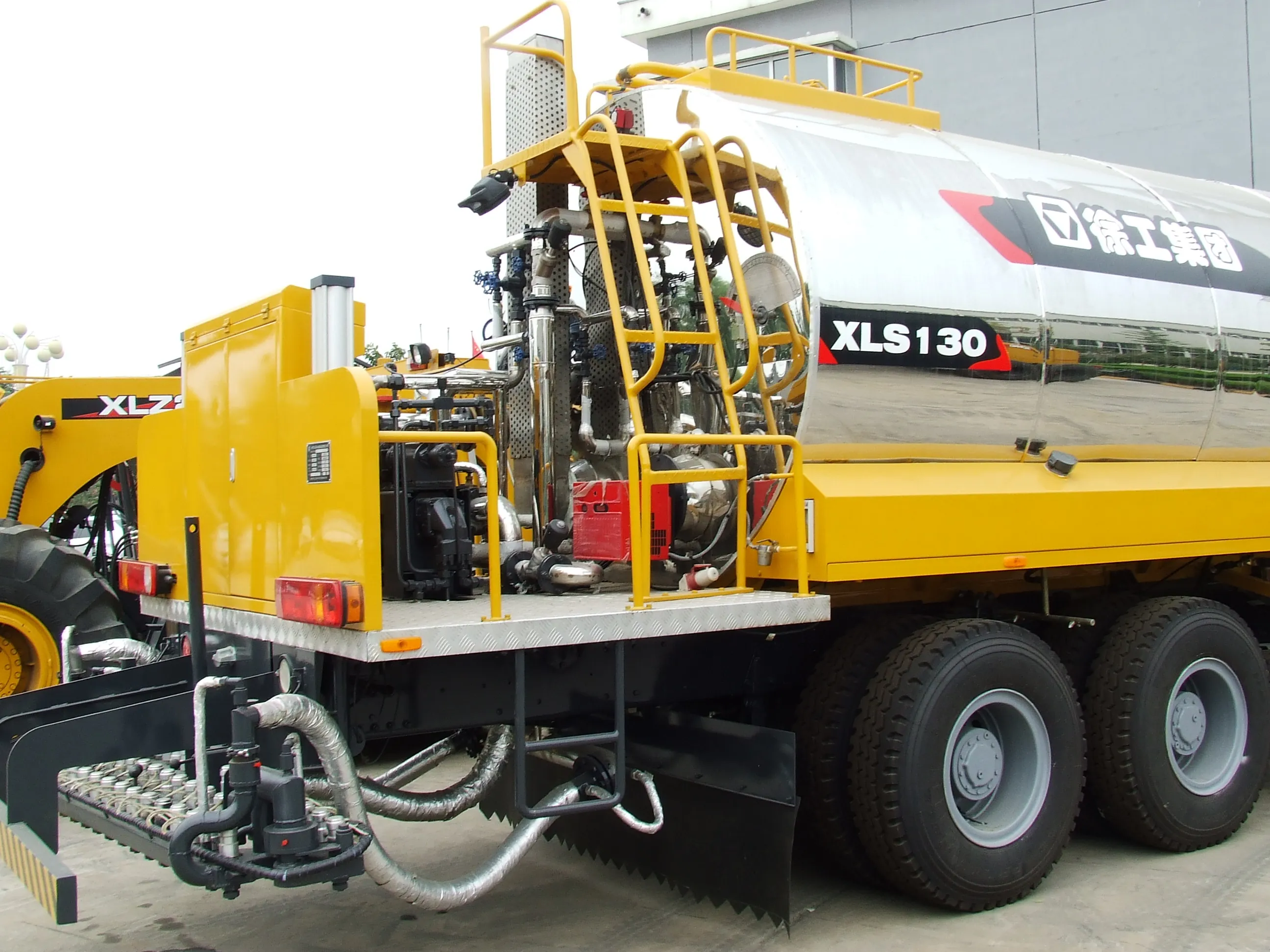Residents in a Polish town are hoping one local has understood a not so subtle message about his driving. The man was shocked one morning to find that rather than being parked in front of his house, his Ford Escort was now balanced somewhat precariously on top of a tree. His neighbours, tired of complaining about his appalling driving to no avail, had borrowed a crane from another resident and placed the car on top of the tree during the night. The man was understandably upset that his property had been tre
June 26, 2012
Read time: 2 mins
Residents in a Polish town are hoping one local has understood a not so subtle message about his driving. The man was shocked one morning to find that rather than being parked in front of his house, his Ford Escort was now balanced somewhat precariously on top of a tree. His neighbours, tired of complaining about his appalling driving to no avail, had borrowed a crane from another resident and placed the car on top of the tree during the night. The man was understandably upset that his property had been treated this way and rang the police to complain, only to be told that they were well aware of the incident and that he should remove the car from the tree immediately or risk a fine. The removal of the car was not quite as careful as its placement on top of the tree and it ended up upside down with its roof somewhat flattened. Whether this incident will have an influence on the man’s driving remains to be seen.








